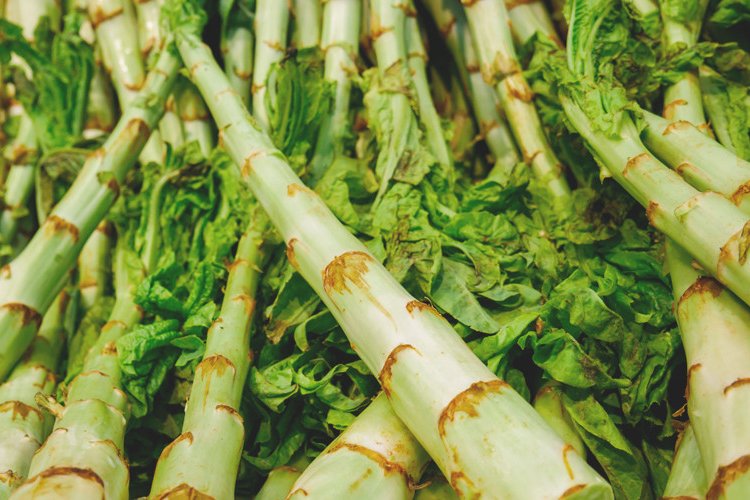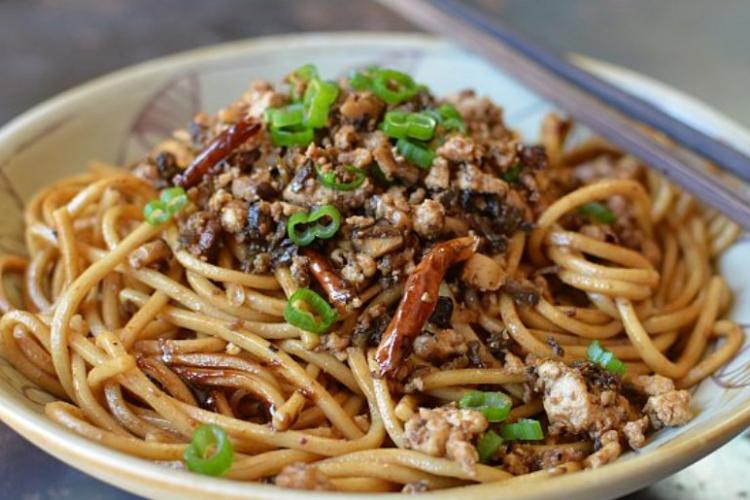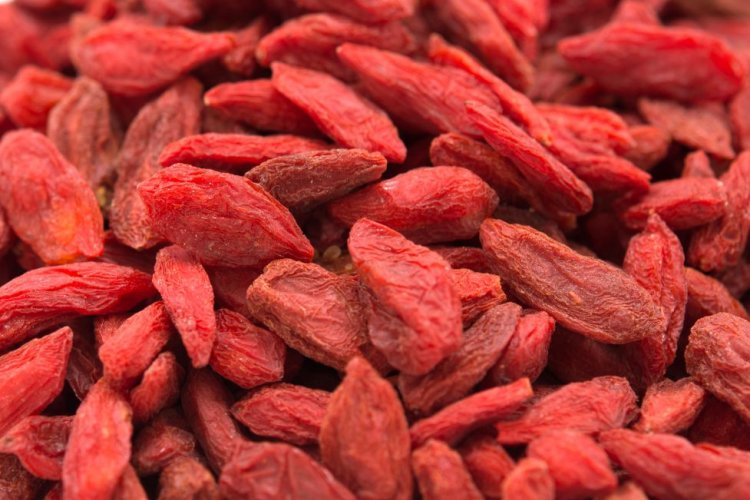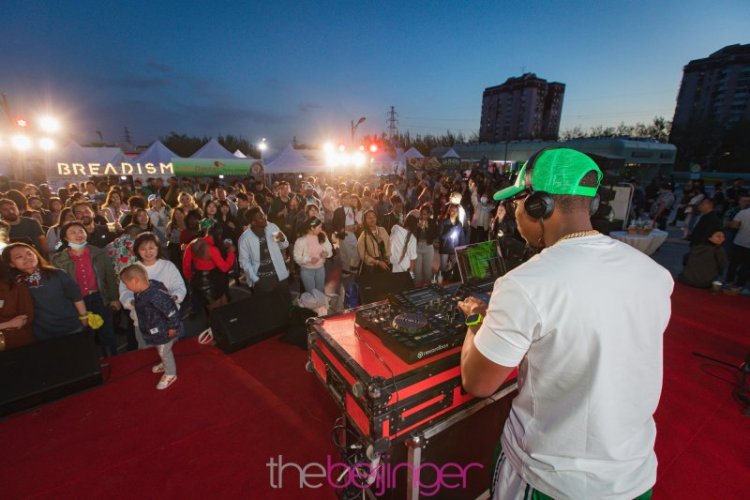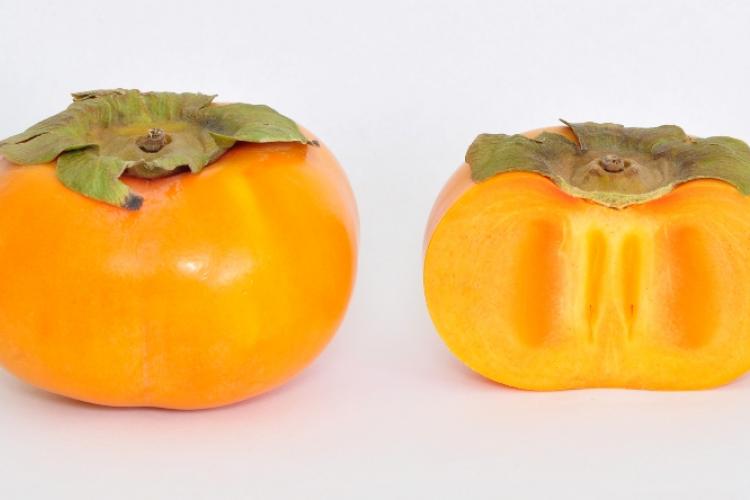The Secret Life of Zhang Jinghan
On his right flank, the tuanzhang could see the black turbans of the Pashtun Talib just above the low rock ridge as they picked their way through the narrow defile. The cold wind would carry a snatch of conversation, an occasional clip-clop of an iron-shod mule’s hoof to Zhang Jinghan’s position in the Wakhjir Pass, at the China end of the Wakhan Corridor, where his unit had waited since dawn broke over the Hindu Kush.
He narrowed his eyes against the brilliant sun, glinting off the hard-packed snow above the pass. He breathed in slowly, deeply, his lungs struggling to make the most of what little oxygen there was 5,000 meters up. He raised his binoculars. That’s it, he thought. Keep coming. Right into the jaws. A few more steps and you’re over the border. I’ll log 400 kilos of pure heroin and ten dead smugglers. A good day’s work, by my lights.
Ma Chaoliang broke squelch twice. “Tuanzhang! Tuanzhang! They’re coming! Estimated contact in 30 seconds. Over–” the boy urgently whispered into his walkie.
“Copy that, Xiao Ma. I have a visual. Hold your fire – I repeat, hold your fire and wait for my go.” The young platoon leader Ma lacked the cool judgment of a battle-hardened commando like himself. Zhang glassed the ragged column advancing unsuspecting, below the cliff face of rosy stone. His thumb flicked open the cover of the remote detonator, and cool as you please, pressed down firmly on the red button.
The explosion brought down 18 tons of stone, and sealed the path behind the hapless smugglers. It echoed loud through the valley of the Wakhan, drowning out the braying of the mules and the frantic shouts of the Taliban.
“Now!” cried Zhang. “Go! Go! Go!” he exhorted, and the deadly
enfilade began. He raised his rifle, and his crack commando squad poured forward and down the slope, one half of a deadly pincers move. “Go! Go!”
“Go! Go! Go!” shouted Zhang Jinghan’s wife Chen Pei, pushing him toward the door of the subway. “Ni you fadai le! We’re at Fuxingmen! This is Fuxingmen station!” Zhang’s wife barely made it off the train before the doors closed, and she furrowed her brow and shook her head quickly at her husband, who stood on the platform amidst the madding crowd, looking somewhat bewildered. She nudged him toward Line 1.
“I’m going to the fabric store for the curtains. This is your last chance to change your mind about the pattern,” she said as they got off at Wangfujing. She handed him three swatches of fabric, stapled together in the corner. “Meet me there at 2.30pm?” He nodded. “And you need to get cash, pay the phone bill, and buy a red envelope for Wei Zong’s wedding tomorrow. You can get that done by 2.30pm, right? Don’t forget the red envelope. Buy extra ones so we have them for next time. Xiaohong’s wedding is in September.” She flipped at his comb-over. “Your dangzhongyang” – the word meant “Party Central” – “isn’t covering the center,” she said.
His men stacked the bodies of the smugglers, some still too young to have the full beards favored by the Taliban. They meted out merciful death to two wounded mules. And they stacked several million yuan worth of white powder in burlap sacks, while Zhang Jinghan waited in his seat at the Industrial and Commercial Bank’s Wangfujing sub-branch and tried to listen out for the number on his ticket, 2324, to be called.
He flipped through Military Affairs World, a glossy gun-porn magazine he’d picked up at a nearby kiosk, where he studied up on the AA12 fully automatic recoilless combat shotgun. At last he went to the counter, paid an 80-kuai phone bill, and withdrew 5,000 yuan in new bills. These he counted out carefully, then tucked into the inside pocket of his favorite navy wool-blend sports jacket along with the red envelopes he’d bought. Hongbao, he thought. Slip one of sufficient heft into the right hands, and all the doors open for you. Maybe he’d been a fool to keep his hands so clean, to be so inflexible. But he wasn’t that kind of a soldier. So he’d made enemies along the way.
His phone rang. It was Chen Pei. He answered it with a furtive voice: “Tudou, Tudou. This is Huashengmi, do you read? Over.” Ignoring him, she said to him, “Another thing, can you buy two boxes of Jinsangzi Houbao cough drops? My throat was a little sore this morning. Maybe buy some Vitamin C too.”
“No problem. I’ll see you soon,” he said.
As Zhang waited in line at the pharmacy’s cashier counter behind an old couple who paid entirely in one-kuai notes, he saw the man in the doorway. The man turned quickly back to his paper when Zhang caught his stare. He appeared to mumble something into his lapel. “They’ve made me,” Zhang thought, and he knew it to be true.
Outside, a group of dark-skinned men – were they Pashtuns? – walked by. Their craft was masterful. Zhang could almost believe they hadn’t noticed him. But that would just be wishful thinking. He was cornered. Too many innocents on Wangfujing on a Saturday afternoon, he thought. Nothing to be done. He stood in the adult diaper aisle beside a Viagra ad and thought about Ma Chaoliang and the other boys who’d fought together as brothers, who looked up to him like a father. He thought about Chen Pei. He texted her: “I love you. See you soon.”
And he walked out to meet his fate. He was Zhang Jinghan, and he was unbowed.


